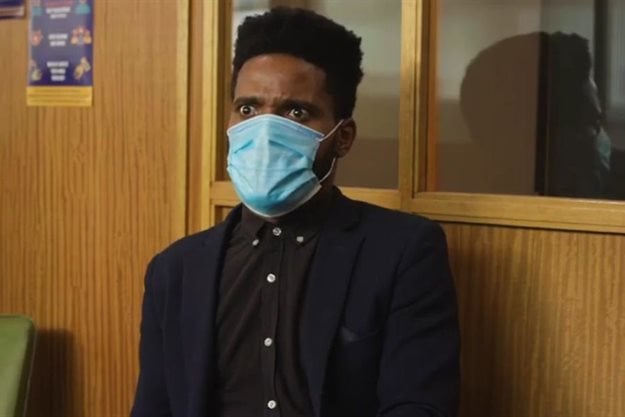#OrchidsandOnions: New advert is Price-less
The best advertising always has some elements of entertainment in it – because if you amuse and inform people or, even better, make them laugh, then they’re going to remember your brand.
That’s the recipe Nando’s developed to perfection as it was establishing itself as a force in the fast-food business ... and before the chicken itself would do the talking.
It takes a brave, or confident brand, however, to make ads which are first and foremost entertainment – in the hope your brand will stick in the minds of your potential customers.
Comparative insurance industry newcomer King Price decided to go this route years ago when it was establishing itself … and, let’s face it, that’s going to take some doing in the face of the almost non-stop pounding from the big ad spenders like Outsurance.
King Price has done some wonderful, uniquely South African ads – using insights into culture, language and prejudices as South Africans to make each other laugh. That in itself takes guts, especially in a country which is becoming increasingly sensitive about gags which touch, even remotely, on things they hold dear.
The latest ad has, as they say, “gone viral”. I say this because I had not seen the ad until a colleague forwarded it to me last week – as, undoubtedly thousands more social media users have been doing.
And, why do people pass it along? Because it’s funny and, heaven knows, there’s not much else these days to laugh at. It’s also bang up to date with its observations – and its setting, which appears to be in a medical facility where people are being tested. The posters on the walls, about keeping safe and sanitising, as well as the mask-wearing, show that it could well be a Covid-19 test facility.
We see two anxious okes sitting waiting, growing increasingly concerned at the sounds of discomfort from the other side of the frosted glass.
When the first “patient” emerges, he says what the two dudes think is “testicles”. The patient remarks that they “go too far”.
That’s enough to get the two guys into “flee” mode. But just as they are about to go, another test “victim” emerges.
She is a woman and her enunciation is much clearer. “The test tickles,” she says as the first patient confirms that by indicating that the testing implement (rather like a Covid-19 swab which goes up the nose) felt like it hit the back of his head … and it tickled.
Cue two very, very relieved okes who know their manhood will be safe.

It’s a giggle. It has nothing to do with King Price, until the end, when the brand flashes up, under the comment: It’s weird out there, Mzansi. Stay safe.
No one who sees this ad – and who is likely to have seen others in the series – is going to get the name of the brand behind it wrong.
It’s great brand seeding ... again.
Well done, King Price. Another Orchid for you.
Just one suggestion – please let me know ahead of time when you’re doing another one, so I don’t have to wait for the viral train to pass by…
Fake news is a subject on everyone’s lips at the moment, so one would have thought that a media outlet would be extra careful not to run the risk of being accused of running misleading information.
Not so the Sunday Times, which set new standards for media capture a couple of weekends ago, when it ran a full page advertorial (or advertising, call it what you will, it is not straight journalism) paid for by the South African Liquor Brand Owners Association.
Labelled editorial partnership, it was all about how bad the booze ban was, how people subverted – and it even had an opinion column about sensible drinking (the alcohol industry’s newest way of deflecting for the actual and potential harm to society of its products) … written by former journo Sibani Mngadi, now corporate relations director at booze giant Diageo.
Worse, the page was so indistinguishable from any other page in the newspaper in terms of layout and style, that the advertising at first passed me by. And I am a cynical old hack.
How many other readers would have been taken in and accepted the “coverage” at face value?
This sets a very bad precedent for all of us in the media business, because it shows that our precious editorial space – our writing, our style and, most importantly our credibility – is for sale.
At the right price.
And the damage is not only to the credibility of the Sunday Times, it hurts all media at a time when public trust in us is low.
An Onion for the Sunday Times, for putting greed before principle.
You’re not wrong if you say you offer the finest journalism money can buy…




































